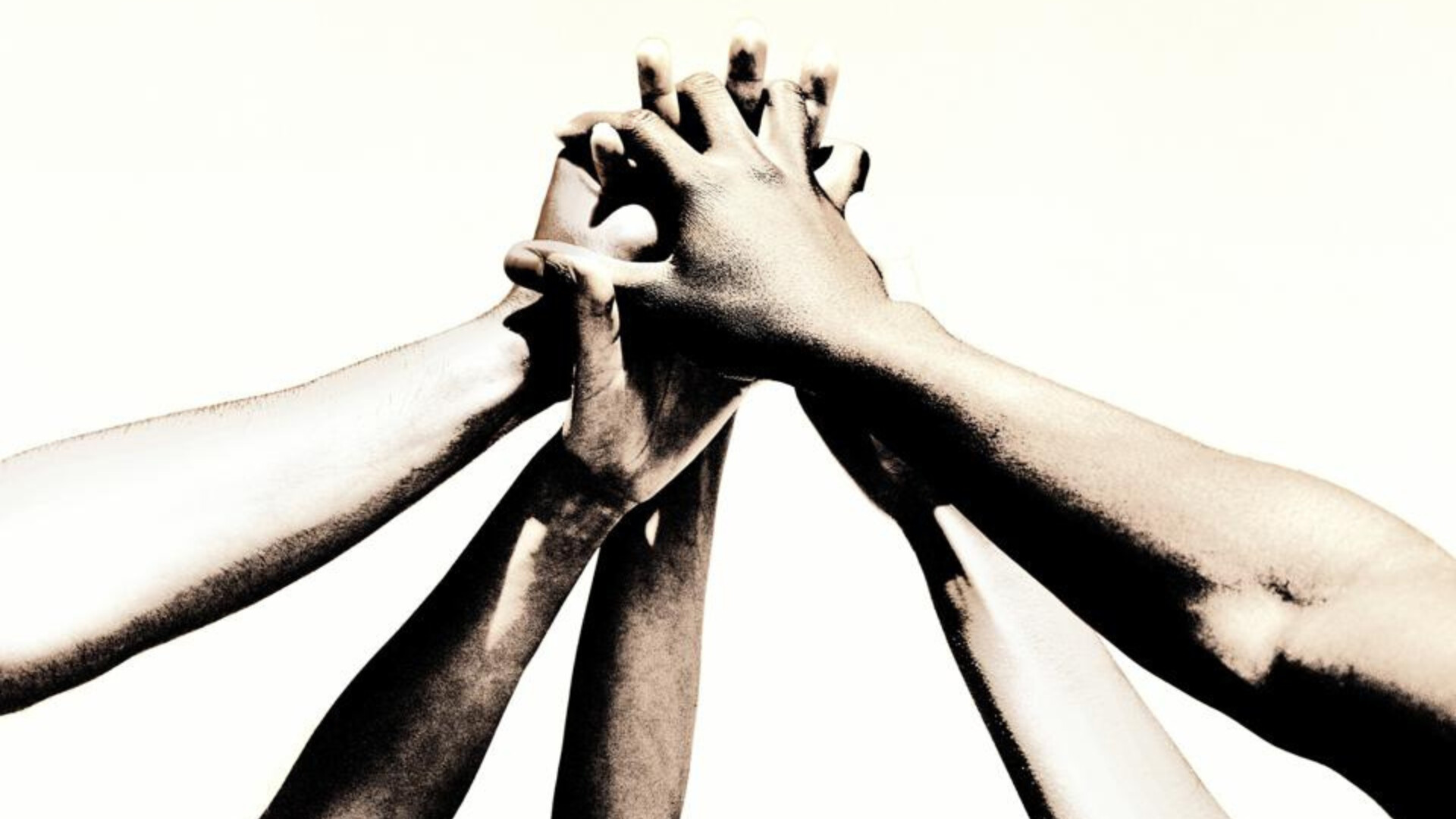News
Bridging The Priority Divide (Forbes)
August 8, 2022Company News

The United Nations projects that by 2050, the world population will be 9.7 billion. That is 9.7 billion people to feed, clothe, house, educate, keep safe and entertain. And all this must be done on the same planetary space that housed only 1 billion people just over 200 years ago in the year 1800.
In simple terms, collectively, we need to produce almost 10 times more output on the same ‘factory’ space (the earth’s surface) and use fewer natural resources to do it than we did in 1800. Reflect on that for a moment and it’s clear that this is a gargantuan task for humanity. Think of new products, methods and technologies that will come from how we grow food to how we handle waste. As a chief sustainability officer, I believe that until a better economic model emerges in the future, investment capital will need to be deployed to find the right solutions for these challenges.
Now put that thought beside the fact that in 2022, investors lost $1 trillion in investment value to cryptocurrency. Clearly, there appears to be a massive dislocation in priorities.
Let’s examine that closely from a broader perspective.
The United States has a population of over 330 million. According to Statista in 2020, each U.S. consumer unit (defined as families, single persons living alone or sharing a household with others but who are financially independent, or two or more persons living together who share expenses) spent $61,334 on average annually. On a per capita basis, this was $24,533.6. With food, healthcare, education, transportation and other basic human needs largely accessible to a broad base of the U.S. population, it is easy to assume that the basics of human existence have been solved and excess investment capital could be deployed to more esoteric ventures. But is the U.S. done with the basics? If so, why would infant milk (the most basic of human needs) be reported to be scarce?
By Juliet Anammah, Jumia Group Chief Sustainability Officer and Chairwoman of Jumia Nigeria
Read the original article on Forbes
About Jumia
Jumia is a leading e-commerce platform in Africa. Our marketplace is supported by our proprietary logistics business, Jumia Logistics, and our digital payment and fintech platform, JumiaPay. Jumia Logistics enables the seamless delivery of millions of packages while JumiaPay facilitates online payments and the distribution of a broad range of digital and financial services.
Follow us on, Linkedin Jumia Group and X @Jumia_Group
For more information about Jumia:
Abdesslam Benzitouni
[email protected]
